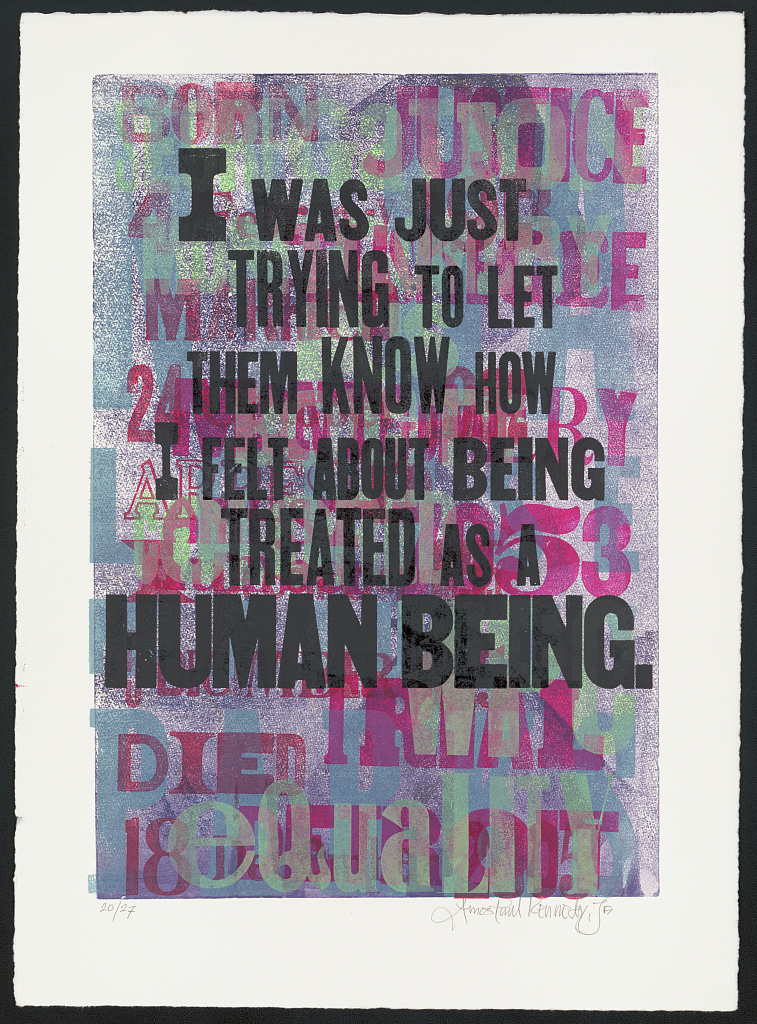(NEW YORK) — The article, “Girls Shouldn’t Give Up On Their Studies” by Human Rights Watch details how discrimination, gender-based violence, and poverty hinder the education of Mozambican girls, who have to leave school due to unsupported pregnancies, societal stigma, and inadequate sex education. The non-profit organization (NGO) uses advocacy journalism to urge the Mozambique government to eliminate these barriers.
In the article, Human Rights Watch clearly states that its purpose is to influence the Mozambique government to support women’s and girls’ education, advocating for regulations that secure educational rights during pregnancy and motherhood. The use of the word “shouldn’t” in the title immediately reveals the persuasive nature of the article implying a moral imperative. The NGO further explains, “We direct our advocacy towards governments, armed groups and businesses, pushing them to change or enforce their laws, policies, and practices.”
Human Rights Watch doesn’t just report the story; the article serves as citizen journalism, combining advocacy with storytelling. The NGO uses real-life examples, like Constância’s experience of leaving school at 12 due to pregnancy, to illustrate broader issues. Supported by data, such as the alarming statistic that 70% of pregnant girls drop out of school, the organization pushes for policy change in Mozambique. The article also highlights disturbing facts, like “at least one in 10 girls [in Mozambique] has had a child before the age of 15, according to the United Nations.”
Human Rights Watch goes beyond traditional unbiased, neutral, just-the-facts reporting. It takes on an advisory role, providing the Mozambique government with recommendations such as flexible accommodations for students, counseling, community outreach, and data tracking.
Despite having a non-objective view, Human Rights Watch adheres to the principles of ethical journalism as outlined by the Society of Professional Journalists Code of Ethics. The code states that “checkbook journalism,” or the practice of paying for sources, undermines the credibility of the news outlet because paid sources may feel obligated to provide information. This also threatens democracy which requires accurate and credible information. According to its website, Human Rights Watch maintains a high level of journalistic integrity by remaining independent, using verifiable facts, balanced reporting, and not paying for interviews.
Human Rights Watch investigated Mozambique’s 2018 reversal of a 2003 order that required pregnant girls to switch to night school. It found some schools were still placing pregnant women in night schools and offered little to no education on sexual and reproductive health. While Mozambique offers free abortions, many girls and women were not aware of these services. Moreover, they were either discouraged by their community from seeking an abortion or unable to access public health clinics.
Human Rights Watch follows SPJ’s guidelines for ethical journalism by minimizing harm and avoiding re-traumatizing sources. Members of the organization do not interview anyone under 15 years old and ensure interviewees understand the interview’s purpose.
While Human Rights Watch demonstrates integrity by offering thorough explanations and obtaining its interviewees’ consent, it also employs an unconventional style of journalism. Journalists generally do not get involved with their subjects, but the nonprofit organization does the opposite. It provides “contact information for organizations offering legal, counseling, reproductive health or social services” when appropriate, particularly in interviews involving adolescent girls.
Human Rights Watch does not shy away from advocacy journalism. The NGO is clear about its intentions to “protect the most at risk . . . and to help hold abusers to account and bring justice to victims.” As an international watchdog, the organization serves the public’s interest. Despite its articles being unabashedly non-objective, the reporting is carried out impartially. It uses methods for objectively obtaining and interviewing sources, reporting facts, verifying data, and conducting research. By doing so, Human Rights Watch proves that advocacy journalism can be done ethically.


